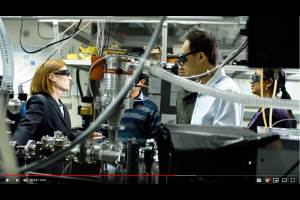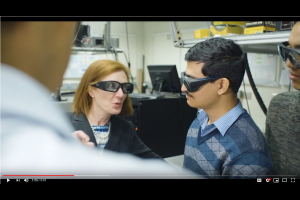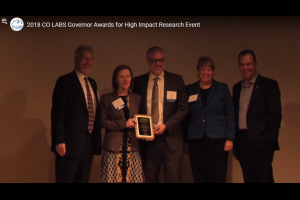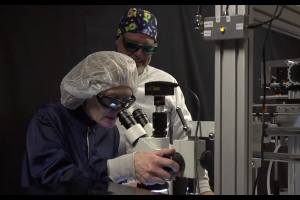Advances in Mueller Matrix Polarimetry
Applications of Mueller Matrix imaging and sensing are reaching the preclinical setting. Parameters obtained through the Mueller Matrix decomposition have shown relevant correlation to pathological conditions such as cervical cancer, preterm labor, and glaucoma to name a few. These promising clinical research directions will require better standardization of the specific optical modalities as well as better understanding of the Mueller Matrix origin in biomedical media. In this talk I will introduce some computational and experimental efforts directed at quantifying the diagnostic relevant Mueller Matrix parameters originating from biological media.



